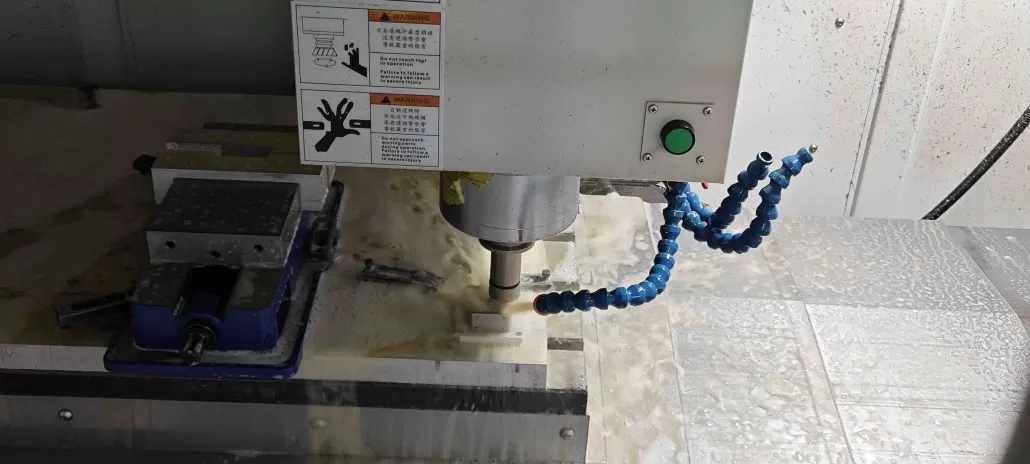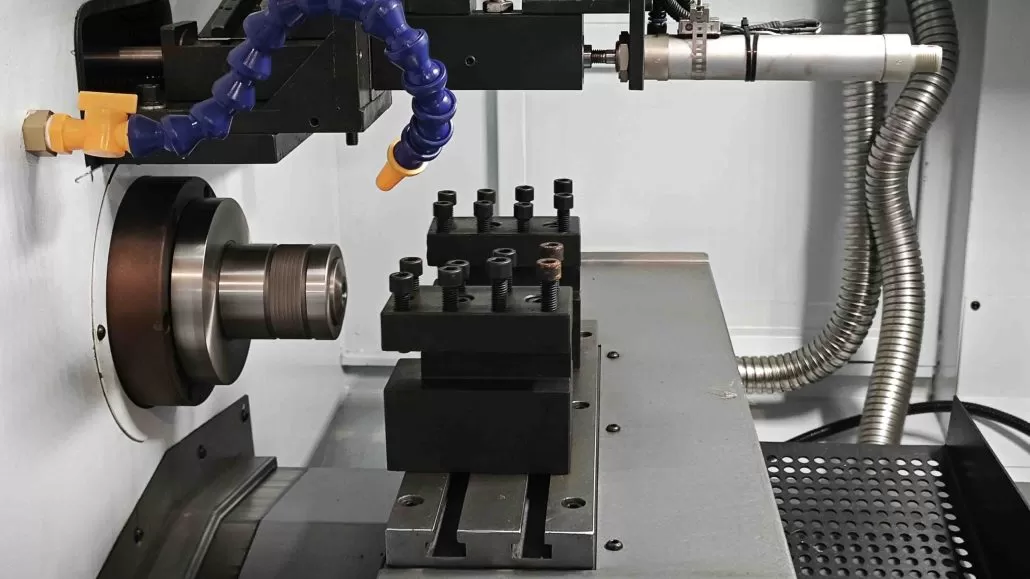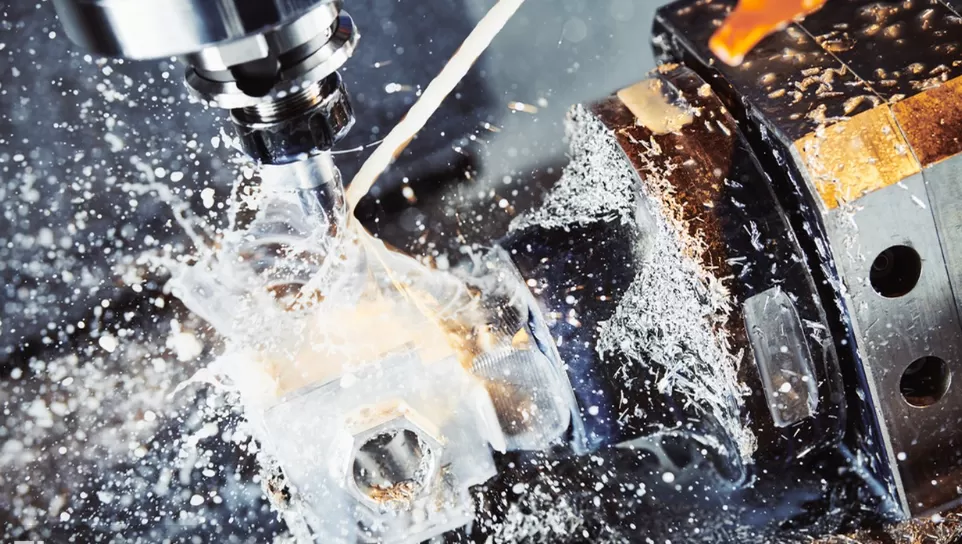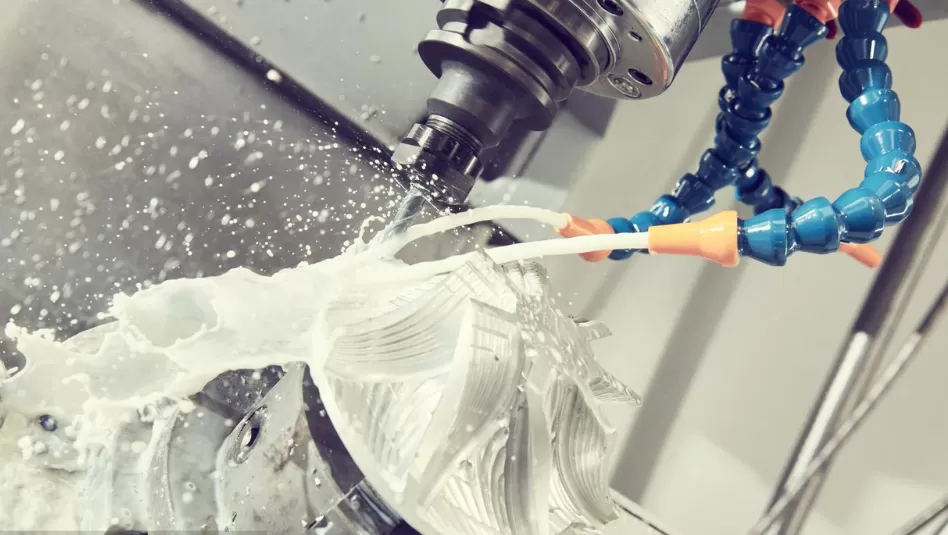This article outlines the essential factors to consider when selecting a precision CNC machining factory. From capability and capacity to quality control and cost, it provides a guide to help you make an informed decision.
Choosing the right precision CNC machining factory is crucial for the success of your project. By considering factors such as capability, quality control, experience, cost, and location, you can ensure that you select a factory that can deliver high-quality parts that meet your specifications.
Select Precision CNC Machining Factoryto Consider Factors
When selecting a precision CNC machining factory, there are several essential factors to consider. These factors include:
Capability and Capacity
The capability and capacity of the factory are crucial factors to consider. You need to ensure that the factory has the necessary machinery, equipment, and technology to manufacture your parts. You also need to ensure that the factory has the capability to handle the volume of parts you require.

Quality Control
Quality control is another important factor to consider. You need to ensure that the factory has a robust quality control system in place to ensure that your parts meet your specifications.
Experience and Reputation
The experience and reputation of the factory are also crucial factors to consider. You need to ensure that the factory has a proven track record of delivering high-quality parts.
Cost
Cost is always a factor to consider when selecting a precision CNC machining factory. You need to ensure that the factory can provide you with competitive pricing while still delivering high-quality parts.
Location
Finally, you need to consider the location of the factory. You want to ensure that the factory is located in a convenient location that is easily accessible to you.
By considering these factors, you can make an informed decision when selecting a precision CNC machining factory.
Factors to Consider When Selecting Stock for CNC Machining
When selecting stock for CNC machining, there are several factors that must be taken into consideration. These factors include:
Material Type
The material type is one of the most important factors to consider when selecting stock for CNC machining. Different materials have varying properties that can affect the machining process. Materials such as aluminum, steel, and titanium are commonly used for CNC machining.
Material Grade
The grade of the material also plays a significant role in CNC machining. Higher-grade materials tend to have better mechanical properties and are more resistant to wear and tear during the machining process.

Stock Size
The size of the stock is another important factor to consider. The size of the stock will determine the maximum size of the finished part. It’s important to select a stock size that is appropriate for the specific part being machined.
Stock Shape
The shape of the stock is also an important consideration. Different shapes may require different machining processes or tools. It’s important to select a stock shape that is compatible with the specific machining process being used.
Machining Tolerance
The machining tolerance is the degree of precision that is required for the finished part. This is an important factor to consider when selecting stock because some materials and stock shapes may be more difficult to machine to a high degree of precision.
Cost
Finally, cost is an important consideration when selecting stock for CNC machining. Different materials and grades of materials have different costs, and the size and shape of the stock can also affect the cost. It’s important to select a stock that meets the required specifications while also fitting within the project budget.
By taking these factors into consideration, it’s possible to select the best stock for the specific CNC machining project at hand.

7 Tips for Choosing the Best Precision Machining Services
Precision machining services are essential for the manufacturing industry, and it’s crucial to choose the right provider. Here are seven tips to help you choose the best precision machining services for your business.
- Experience: Look for a company that has been in the industry for several years. The more experience a company has, the more likely they are to provide quality services.
- Capabilities: Check the company’s capabilities to ensure they can handle your project. Look for a company that has the necessary equipment and resources to handle your project requirements.
- Quality: Check the company’s quality control measures to ensure they produce accurate and precise parts. Look for a company that has ISO certification or other quality certifications.
- Communication: Choose a company that communicates effectively and regularly with you throughout the project. Make sure they understand your project requirements and can deliver on time.
- Pricing: Compare pricing from different companies to ensure you get the best value for your money. However, don’t compromise on quality for lower prices.
- Customer Service: Choose a company that provides excellent customer service. Look for a company that is responsive and addresses your concerns promptly.
- References: Ask for references from the company and contact them to learn about their experience working with the company. This will help you make an informed decision.
By following these tips, you can choose the best precision machining services for your business needs.

FAQ
Precision machining is the process of cutting and shaping materials to very specific dimensions and tolerances using specialized tools and machines. This process is used to create parts and components for a wide range of industries and applications.
A variety of materials can be used in precision machining, including metals such as aluminum, brass, copper, steel, and titanium, as well as plastics and composite materials.
Precision machining services are utilized by a wide range of industries, including aerospace, automotive, medical, defense, and electronics.
Precision machining requires the use of specialized machines such as CNC (Computer Numerical Control) milling machines, lathes, and grinders. These machines use computer programs to control the cutting tools and create parts with extremely high levels of accuracy and precision.
Precision machining offers several benefits, including the ability to create parts with extremely tight tolerances and high levels of accuracy, increased efficiency and productivity, and the ability to create complex parts and components with ease.
When choosing a precision machining service provider, it is important to consider factors such as the provider’s experience and expertise, their equipment and capabilities, their quality control processes, and their ability to meet your specific needs and requirements.
The turnaround time for precision machining services can vary depending on the complexity of the parts being created, the quantity needed, and other factors. However, many precision machining service providers offer quick turnaround times to meet the needs of their customers.
To ensure the quality of the parts created through precision machining, it is important to work with a reputable and experienced service provider who has a strong quality control process in place. Additionally, it may be beneficial to request samples or prototypes of the parts before placing a larger order to ensure that they meet your specific needs and requirements.
The cost of precision machining services can vary depending on a variety of factors, including the complexity of the parts being created, the quantity needed, and the specific materials being used. It is important to work with a service provider who can provide a detailed quote based on your specific needs and requirements.


